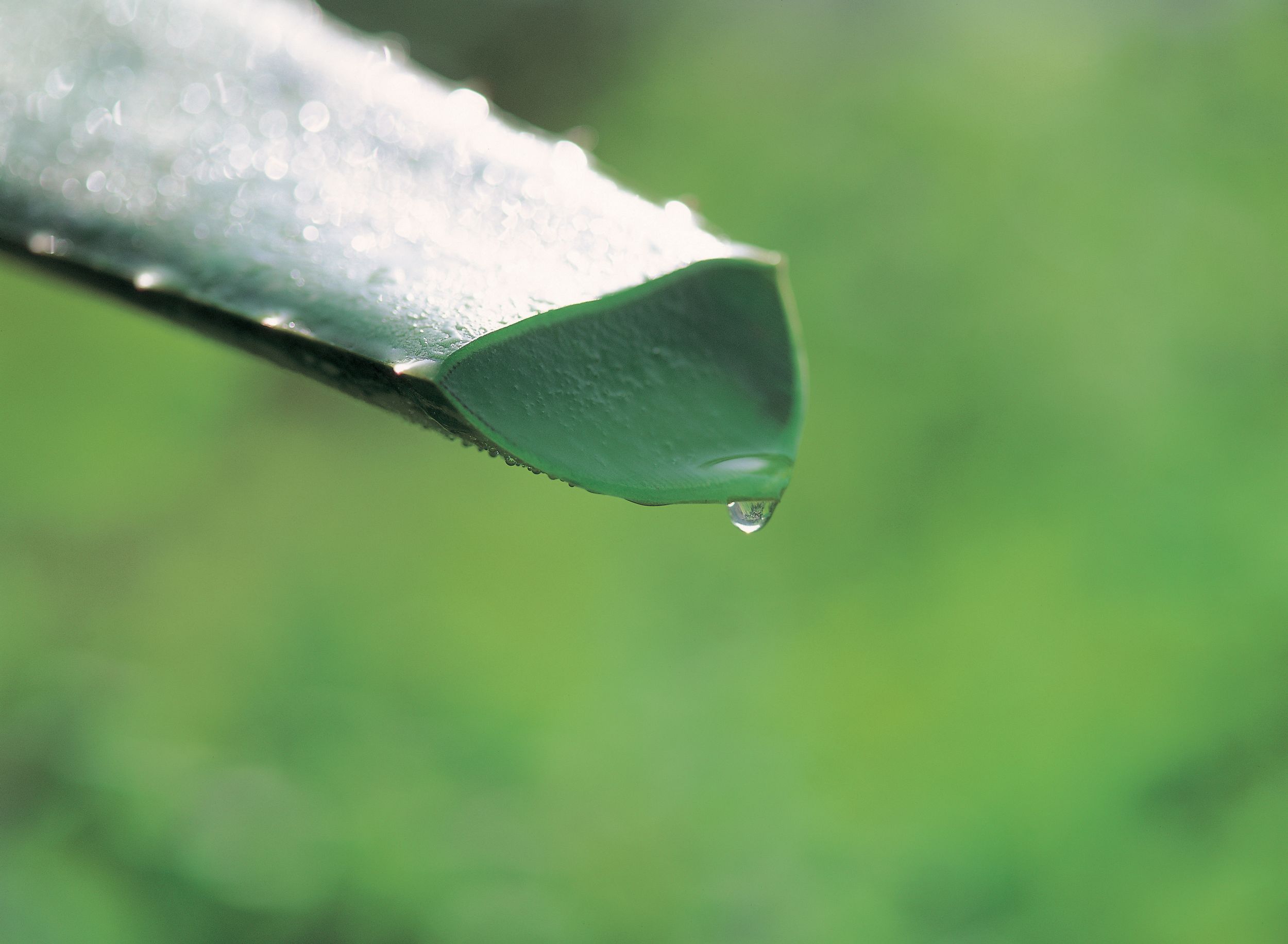 For those won’t haven’t heard of Aloe Vera before, this is one plant that you should definitely take interest in. Recently there has been lots of breaking news on this so-called miracle plant—and for some very good reasons. It’s possible that you’ve seen tubes of its gel at the drugstore, or maybe it’s even growing in your yard. Aloe has been commonly used in the past to soothe sun-burned skin…but did you know that it has many other health benefits?
For those won’t haven’t heard of Aloe Vera before, this is one plant that you should definitely take interest in. Recently there has been lots of breaking news on this so-called miracle plant—and for some very good reasons. It’s possible that you’ve seen tubes of its gel at the drugstore, or maybe it’s even growing in your yard. Aloe has been commonly used in the past to soothe sun-burned skin…but did you know that it has many other health benefits?
About Aloe Vera
The aloe vera plant is a very old species, which probably originated in North Africa. It has been used medicinally since at least the first century, A.D., and it’s even mentioned in the bible! The aloe plant is highly agreeable to gardeners because it grows in a diverse range of climates, from hot and dry locations to places that experience snow and frost.
Aloe has a cactus-like appearance, with narrow spear-shaped leaves with serrated edges. These leaves hold the soothing gel that the plant is known for. If you do happen to have a healthy one in your backyard, you should be able to cut a leaf to extract some of its gel in the purest form.
Aside from sunburns, aloe is commonly used to soothe various types of skin inflammation, from burns and itching to wounds. This is due to antibacterial and antifungal activity of the aloe extracts. It is also given to patients receiving skin treatments by dermatologists to reduce redness and minimize inflammation.
Aloe vera has so many other surprising applications for health, however, that I’m sure you’ll find a way it can help you.
Aloe Vera for a Range of Conditions
The following list is so diverse, it seems as if there’s no limit to what this incredible plant can do:
1) Ease ulcerative colitis – Aloe vera gel has been observed to ease symptoms and inflammation related to this condition.
2) Improve IBS symptoms – In people with Irritable Bowel Syndrome, the colon may be damaged from repeated irritation. Drinking 1 tablespoon of concentrated pure aloe vera juice before every meal may help repair the digestive system, stimulate proper function, and improve daily regularity.
3) Replenish amino acids – Aloe vera juice contains a high number of essential amino acids, which are the building blocks of our body. The body does not make them on its own, so they must be supplied by our diets.
4) Act as a vitamin supplement – Highly nutritious, aloe vera juice contains vitamins A, B1, B2, B6, B12, C and E, Folic Acid and Niacin, as well as the minerals, calcium, sodium, iron, potassium, chromium, magnesium, manganese, copper, and zinc. All of these nutrients are important for a healthy body.
5) Build healthy skin – The vitamins and minerals (see above) in a daily glass of aloe vera juice provide nutrients that are essential for healthy skin. These nutrients fight the effects of free radicals, which would otherwise damage cells and break down collagen, the protein responsible for firm, supple skin tone.
6) Fight constipation – Aloe vera has natural detoxifying properties, so it is able to help clean out the digestive system. Not only does it improve regularity and increase protein absorption, but it reduces levels of unfriendly bacteria in the digestive tract.
7) Help diabetics – Drinking aloe vera juice, which is found in natural foods stores, has been linked to improved blood glucose levels. Discuss with your doctor before using.
The best news of all about pure aloe vera is that it’s completely natural! If you are interested in trying this healing plant, talk to your doctor to make sure there are no conflicts with any medications or treatments you may be taking.
I hope I’ve provided a useful introduction to aloe vera so you can enjoy some of its health benefits too.
Stay Well,
Mark Rosenberg, M.D.
